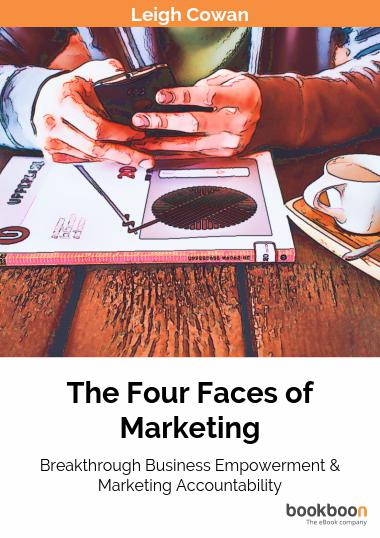Why do Clever and Brilliant Business People Happen to Underestimate ‘Marketing’?

“Marketing” is not a substitutable word for “advertising and promotion”… “Marketing” is the holistic and integrated management of exchange… using the synergistic dynamics of product, price, distribution, promotion, processes, people and perceptual positioning to create a win/win outcome between an organisation with unique resources and segments within the market place that can be best satisfied by those unique resources.
This advanced understanding of “marketing” has been the foundation on which global corporations such as McDonalds, Wal-Mart, Coca Cola, IBM, Proctor & Gamble, GE, Unilever, 3M, Lloyds, and many others have built market dominance.
The balance between strategic and operational has never been adequately ‘explained’ to the wider business community. Knowledge of the scope, reach and potency of marketing ‘science’ hasn’t diffused adequately through the executive population broadly enough to overcome the Herman Eisenberg latitude of ignorance. Too few accept marketing as any organisation’s most powerful tool for success.
When operational marketers secure positions at senior level, called upon to be strategic, they’ll often fall back on operational thinking to manage their problems. Examples of this include:
- Apple Computers: Apple sacked Steve Jobs (a strategist with vision) and replaced him with the ex-CEO of Pepsi (an operational expert). Pretty soon, no one wanted an Apple computer and Apple’s worldwide market share fell to under 5% of the PC market. Teetering on disaster Apple re-engaged Steve Jobs, who led from a strategic level… creating the world’s highest valued brand.
- Wendy’s (USA): Wendy’s strategically focussed CEO retired and an operationally acclaimed CEO was appointed. Wendy’s lost ground, morale, and market share. Dragging their old CEO out of retirement to lead a promotional push (and mentor in the background), they re-established Wendy’s market position.
- The American Car Industry: Packed full of operationally powerful players, with no sense of strategy, the greatest car companies of the world, had their industry stolen from them by their weaker, poorer, less resourced strategic competitors.




